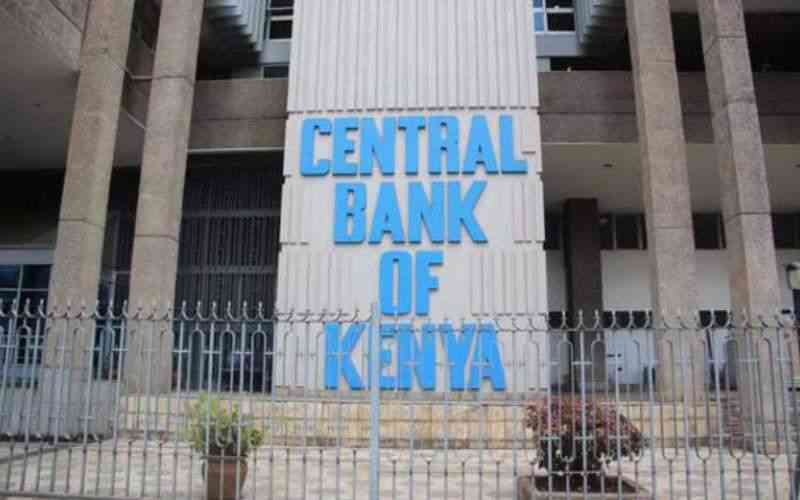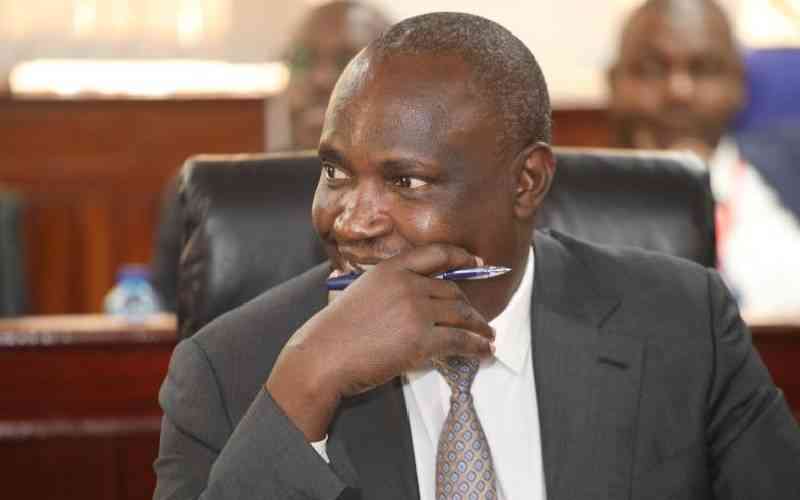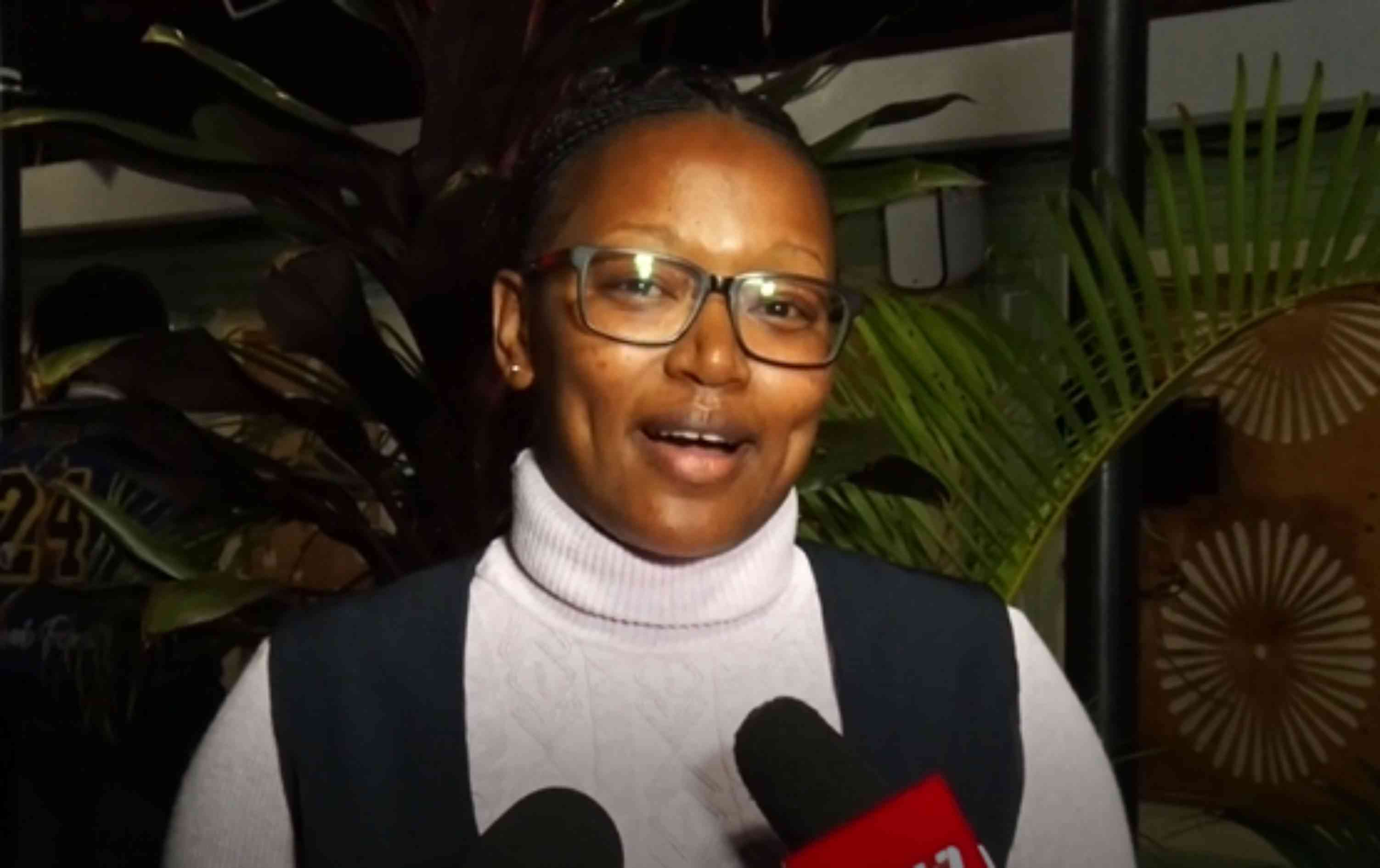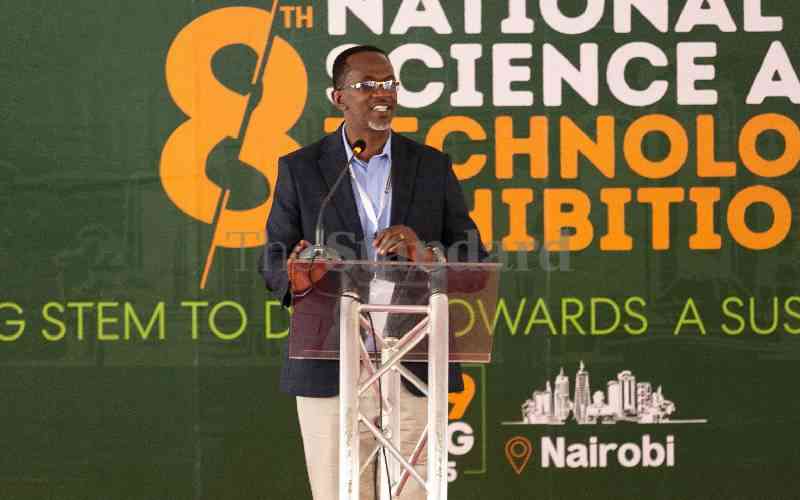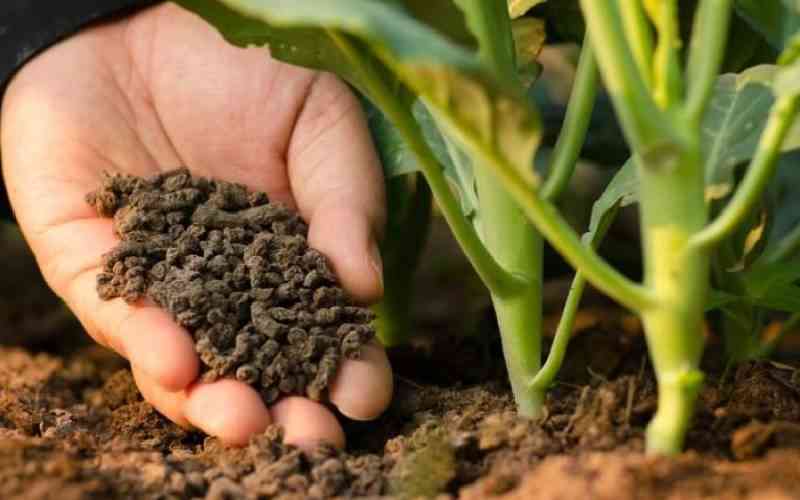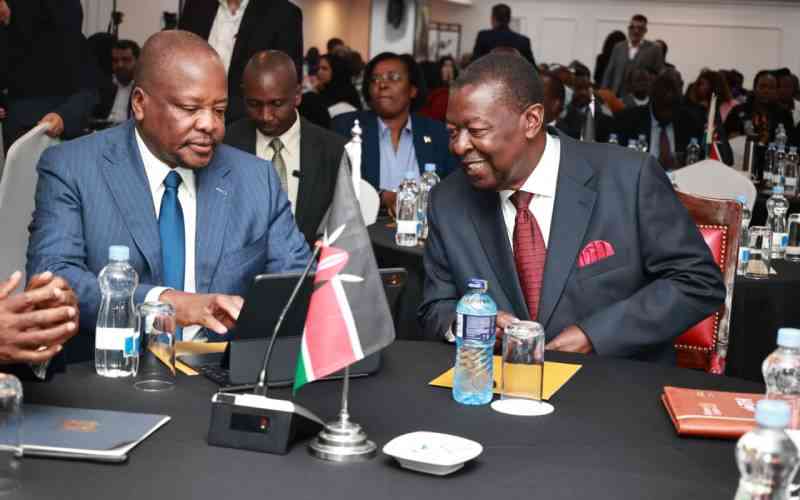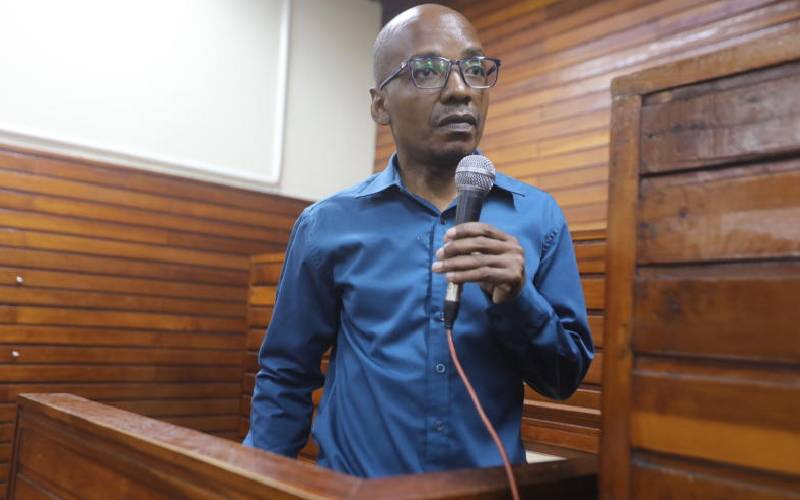
A government analyst, on Thursday, told the court that samples taken from bodies exhumed from Shakahola forest did not have traces of poison or toxic substances.
However, the government analyst, David Ngumbao, declined to state whether the bodies were transported from elsewhere to be dumped or buried inside the Shakahola forest in Malindi, Kilifi County.
Mr Ngumbau, said he took soil, kidney, and liver samples from some bodies to establish if they died from ingestion of poison or chemicals.
More than 400 followers of Good News International (GNI) of self-declared Pastor Paul Makenzi died from starvation inside the Shakahola Forest. The victims were allegedly forced to starve to death.
Makenzi and 92 other suspects are facing manslaughter and murder cases for the deaths. The prosecution said that the victims either struggled, were hit by a blunt object, or starved to death.
On Tuesday, a 15-year-old witness told the court that Makenzi and his disciples allegedly forced the victims into a fasting bay made of black polythene bags to hasten their death.
The court was also told that after the children had died, women would follow, with the last being Makenzi's wife. The last group to fast and die were men, and Makenzi was to be the last in line.
The controversial pastor’s lawyer, Lawrence Obonyo, cross-examined Ngumbao, who told the court that the outcome of the tests turned negative both for the soil samples and for the body samples.
The witness said he did one test out of the 300 soil samples, which turned negative, but if the test had turned positive, then they would have been forced to test each of the 300 samples.
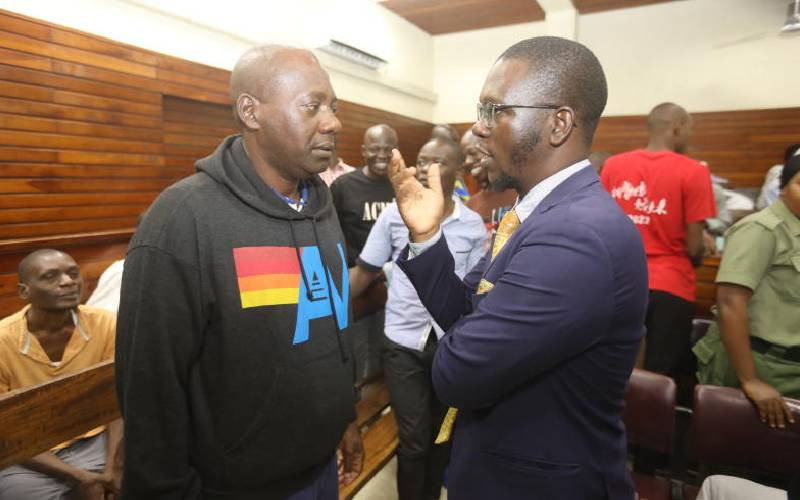
“On the matter of whether the bodies could have been brought from somewhere else, your honour, I cannot comment on that. We were testing whether there could be poisoning or toxic substances, and I can confirm that all the samples turned negative,” Ngumbao told the court.
The accused denied the charges.
Earlier, a Shakahola resident narrated how he and Makenzi’s followers were embroiled in a boundary row, forcing him to demolish his house and relocate.
Andrew Baya Charo, 54, told the court that he first met a man wearing a turban clearing a section of the Kwa Baya Mwaro, which he referred to as the first piece of the Shakahola land, which he locally referred to as Kwa Baya Mwaro.
He told the court that Kwa Baya Mwaro land is divided into three sections, and he lived on the second one.
Stay informed. Subscribe to our newsletter
Charo said the man wearing the turban pointed to where Makenzi and a group of people were sitting, and the controversial preacher told him they were in Shakahola to do farming and they had bought the land.
He said that their conflict started when Makenzi and his people started encroaching on the boundary and invaded his land.
“I tried having a conversation with the pastor, who had already created his team of elders, and anytime I requested a meeting, he would refer me to Evans Sirya. After the meeting, in which I was with two other people from my side and the pastor had eight people in the same meeting, we did not agree on anything because the pastor’s people were looking at us with intimidation, and we concluded that whoever was ready to report the matter to the police should go. I gave up, demolished my house, and went away, leaving Makenzi and his people in the land,” Charo told the court.
Months later, while on his farm, Charo told the court that a very weak boy approached him seeking directions to the chief’s office.
However, the boy did not go, forcing Charo to stay with him and he asked his wife to take the minor to Chief MacDonald Mwaringa, on the second day.
“My wife later said that the chief had told him that he had found another child and asked my wife to tell me to take care of the two children,” Mwaro told the court.
The witness told the court that the presence of Makenzi’s followers had brought life to the Shakahola market since they used to buy a lot of foodstuffs, and he sold his maize within a short time.
Charo, however, said that after a while, Makenzi’s followers stopped flocking to the market.
He told the court that later, a herder informed him that he had found a decomposing body in the Shakahola forest.
